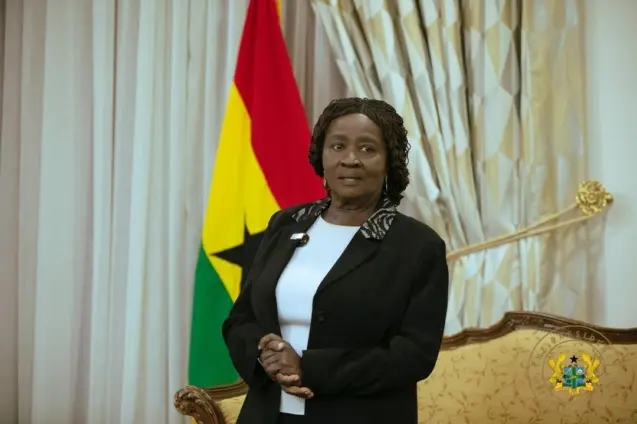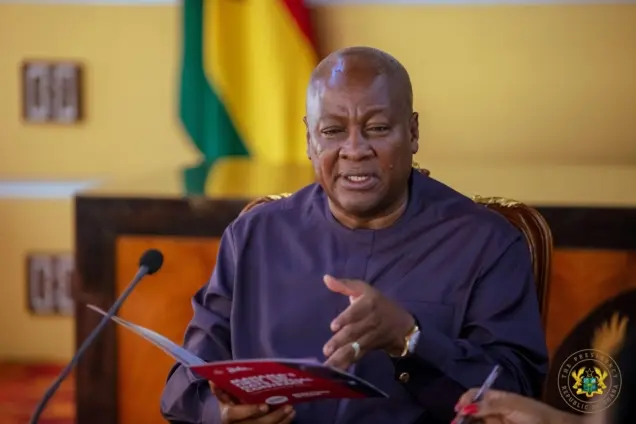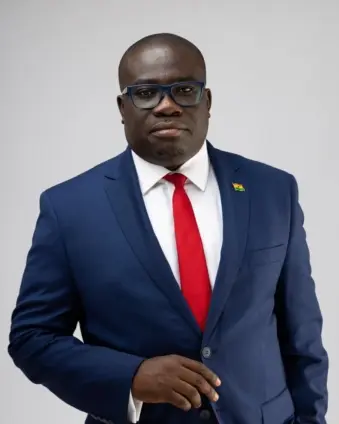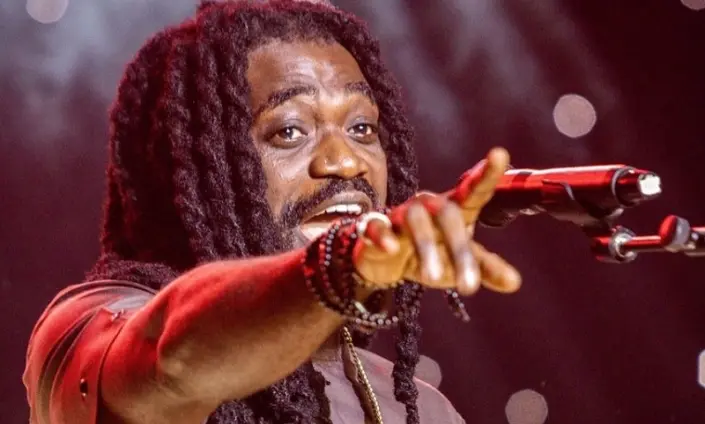The debate surrounding whether the hearing for the suspended Chief Justice should be broadcast live has ignited constitutional questions and stirred strong opinions. While proponents argue for transparency and public access, legal experts like Kwaku Ansa-Asare, former Director of the Ghana School of Law, contend that a live telecast of the Chief Justice hearing would be a direct contravention of the 1992 Constitution. This article delves into Ansa-Asare’s perspective, outlining the legal basis for his argument and exploring the potential implications for Ghana’s judicial system.
Ansa-Asare’s argument rests primarily on the interpretation of Article 146 of the Constitution, which addresses the process for the removal of a Chief Justice. He believes a Chief Justice hearing live telecast is unconstitutional.
The Constitutional Argument Against Live Telecast
At the heart of Ansa-Asare’s opposition to a live telecast is his reading of Article 146, specifically concerning in-camera proceedings. He argues that the constitutional provision mandates that such hearings remain private, closed to the public eye, and therefore, unsuitable for broadcast.
“Article 146 of the 1992 constitution has provided a format; it says that the proceedings shall be held in-camera, it is not opened to the public, and therefore it cannot be telecast live,” Ansa-Asare stated, emphasizing the explicit nature of the constitutional requirement. This interpretation forms the cornerstone of his argument against making the Chief Justice hearing live telecast.
Furthermore, Ansa-Asare delves into the intent of the Constitution’s framers, suggesting that their decision to stipulate in-camera proceedings was deliberate. He posits that the framers likely considered the potential impact of public scrutiny on such sensitive matters, particularly concerning the dignity and independence of the judiciary. If the framers had wanted the option for a Chief Justice hearing live telecast, they would have explicitly said so.
“If the Constitution had contemplated that it could be done, they would have provided for it,” he asserts, implying that the absence of such a provision is not an oversight, but rather a conscious decision to maintain the privacy of these proceedings. The concept of constitutional intent is crucial to understanding his position.
Judicial Practice and Public Policy
Beyond the specific provisions of Article 146, Ansa-Asare also touches on broader principles of judicial practice and public policy. He emphasizes that judicial practices dictate how court proceedings are managed and whether they are open to the public or conducted in private. He believes that the established rules governing court proceedings should be respected in this case.
Ansa-Asare also stresses the importance of equality before the law, arguing that the same rules and standards should apply to everyone, regardless of their position or status. He cautions against bending the rules to favor particular individuals or outcomes, highlighting the need for consistency and impartiality in the application of justice.
“The law is no respecter of persons. There is only one law of equality. We are all equal before the law, so don’t let us try to bend the rules to favour,” Ansa-Asare said, underscoring the fundamental principle of rule of law.
Protecting the Dignity and Independence of the Judiciary
According to Ansa-Asare, Article 146 serves to protect not only the individual holding the office of Chief Justice but also the judiciary as a whole. He believes that subjecting such sensitive proceedings to a live telecast could undermine the independence of the judiciary and erode public trust in the institution. The dignity of the Chief Justice position, he suggests, must be preserved.
“Article 146 has been designed to protect the Chief Justice because the office of the Chief Justice is one of the three pillars of the state…,” Ansa-Asare explained, highlighting the critical role that the Chief Justice plays in the governance of Ghana. Exposing the process to public scrutiny could potentially politicize the process and weaken the judiciary’s standing.
In conclusion, Kwaku Ansa-Asare’s arguments present a compelling case against the constitutionality of a Chief Justice hearing being broadcast live. He firmly believes that doing so would contravene Article 146 of the 1992 Constitution, potentially undermine the independence of the judiciary, and set a dangerous precedent for future legal proceedings. His perspective underscores the need for careful consideration of constitutional law and established legal processes in matters of such significance. Adherence to these principles, he implies, is paramount to maintaining the integrity of Ghana’s legal system.
Image Source: MYJOYONLINE






















